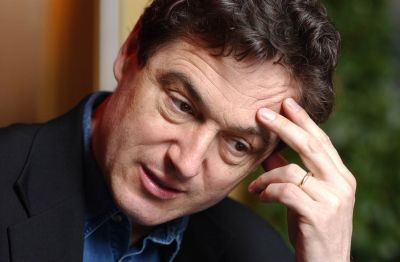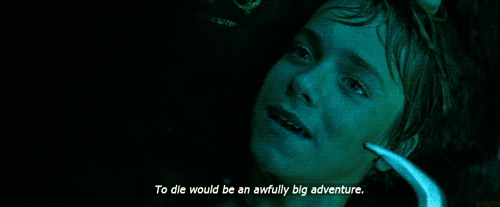Internationale Kuzfilmtage Winterthur November 2018
In Toronto Mike Hoolboom has been working in the depths of cinematic images for nearly four decades. He explores memories of suffering, the abyss of fantasies, mournings and hopes. Beyond the established genres of fiction, documentary or experimental film, his work is impressive in that it lies on the margins of cinema while paradoxically occupying a central territory. And all the while Mike Hoolboom’s concerned voice soothes these mirror images of life.
He is inhabited by the cinema, we can’t and don’t want to know if he is possessed by it or if he owns it. He embodies both of these states. He comes from the planet of cinema: observing, questioning, quoting, devouring and distorting films.
We need to become one with the images that we look at and make. A filmmaking workshop at the Geneva University of Art and Design invited students to explore the memories of suffering humanity in the archives of the Red Cross. It led to an inaugural gesture. Filmmakers young and old practiced yoga together. It was necessary to take better measure of the sensations in their own mind and bodies as a pre-condition to meet the bodies and faces of the ghosts immortalized in the films. How else can we work with them? It’s a question of aesthetics and ethics.
The spectator is on guard, invited to discover the trajectories of sketched, allusive and elliptical narratives that take pleasure in escaping a reductive understanding. Hoolboom disfigures and dismembers so many images from everywhere that he crosses through the illusion of their mirror. And he works to reconfigure them according to his own concerns about the fascinating complexity of the world. He also uses his own images, which he handles with the same iconoclastic care.
His montage is fragmentary. The assembly of often very, very short shots paradoxically makes it possible to reach a coherent continuity once we deeply penetrate the visual material. Mike Hoolboom develops dense space-times in overlapping layers. These strata appear and disappear, merge, confuse, fertilize each other. They are like a palimpsest from which a worried and generous vision of the world emerges by way of sometimes evanescent traces, approaches, suggestions.
We know that Mike Hoolboom is captivated by the sounds and voices that he collects and integrates into his films. Monologues, sometimes dialogues, thoughtful, intimate, whispered. Games of voices that reach abysses with sometimes wet, aquatic atmospheres. “Have been recording audio: the air conditioning in hotels, the ice-making machines, the wind. There are so many winds here – I can hear too much – they stir the winds inside my body, and then I can’t sleep.” (MH)
The suffering body that is affected by disease and reminded of its original fragility by suicide knows just as much as the poetic body of desire, sensuality and sex. A love encounter is hoped for, even in the tumult of a political demonstration.
Mike Hoolboom’s cinema? An autofiction. An I that is a you, which in turn is our common game. A cinematic game of eager invention, imprinting in the soul and the body good reasons to live at all costs with films shaped in the necessary patience made of a thousand emergencies.
“How can we learn to change our mind? How to resist the lure of the already known, the tried and true?” (MH)

